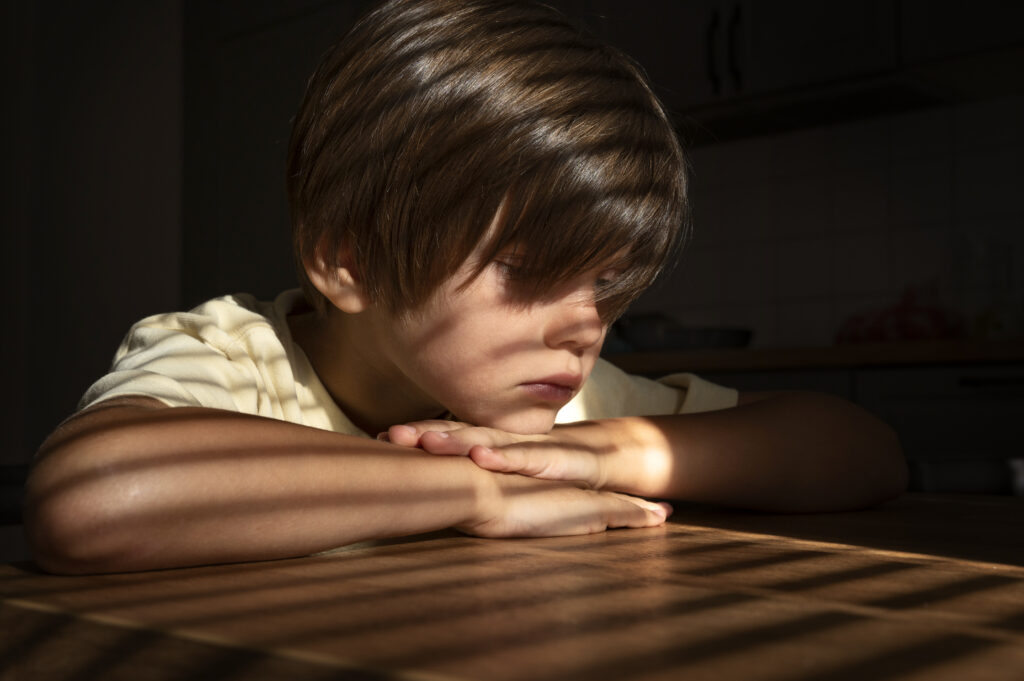For as long as I can remember, the word “grief” has carried a heavy and dark energy. I used to define it as a state of loss where hope seems impossible to find. I also thought grief applied only to the loss of a loved one, but over time, I’ve learned it encompasses more. It can be the loss of a home filled with memories or the loss of a job that someone worked tirelessly to achieve. Grief is deeply personal, and its meaning is unique to each of us. What does grief mean to you?
Two decades ago, I attended a class on grief at a spiritual center in my town to support a friend. A week later, my father passed away. I don’t believe in coincidences, so I took it as a sign that the Universe was preparing me for a profound life lesson.
The Beginning of Grief
My father’s passing didn’t come as a surprise—he had been battling Parkinson’s disease for a year. But I can trace my grief back to the day we made his permanent residency at a nursing home official. That day, everything changed for my small family. My mother, sister and I were thrust into a new reality where one vital piece of our lives was missing. My mother felt lost at home without him. My sister, whose children had grown and moved away, became his primary caregiver. As for me, I often felt like I lived at the nursing home more than I did in my own house.
I visited him regularly and spent quality time with him, yet the shadow of his impending passing loomed constantly. Losing him felt unbearable, and yet, all he could talk about was my mother, who was alone at home. His love for her remained steadfast until the very end. He even asked me to promise that I would ensure she never felt lonely after he was gone. I did my best to honor that promise.
I would laugh and share stories with him, but the drive home was always filled with tears. Anger surged within me toward relatives and friends who couldn’t be bothered to visit him. Denial became my coping mechanism. I refused to acknowledge the inevitable changes heading our way. Staying present, sitting beside him, felt like the only way to bear it.
The Weight of Anticipatory Grief
Eventually, I sought the help of a psychologist at work. The overwhelming emotions felt unbearable. When I explained how I felt, the psychologist thought my father had already passed. She then introduced me to the concept of “anticipatory grief”—the mourning that begins before a loved one’s death. It was a revelation. I wasn’t going crazy. My anxiousness and my need to say goodbye, even while he was still alive, were part of the grieving process.
Despite the emotional turmoil, there were moments when I wanted to pack his belongings and bring him home. But deep down, I knew I couldn’t provide the level of care he needed. The nursing home staff offered 24/7 medical supervision and safety measures that I couldn’t replicate. I had responsibilities at my job in the hospital, and my limitations became painfully clear.
Finding Light Amidst the Darkness
Looking back now, I see how fortunate we were to have spent those final moments with him. But at the time, grief felt like a relentless monster, looming over us and consuming every aspect of our lives. Whether it’s anticipatory grief or the grief that follows a loss, the darkness can feel all-encompassing. But with time—that same victorious monster—the darkness begins to lift. Little by little, light starts to seep in.
During this process, it’s essential to take things one day at a time and check in with yourself. Ask questions:
- Am I angry today?
- Am I sad today?
- Are my emotions all over the place?
- Am I breathing deeply today?
These small acts of self-awareness can open the door to healing. Your mind and body are incredibly intuitive; they know how to begin the healing process if you give them the space. Be patient with yourself and observe as the clouds of grief slowly start to part. The light is there, waiting for you to let it in.
Namaste,
Shab












